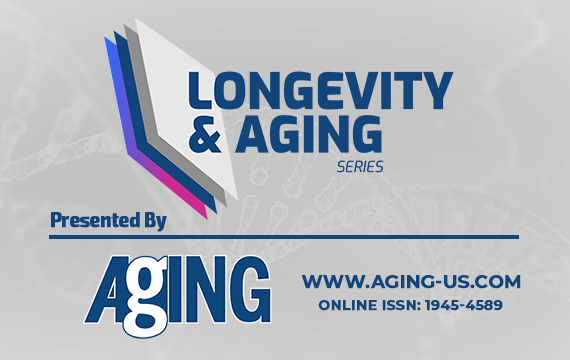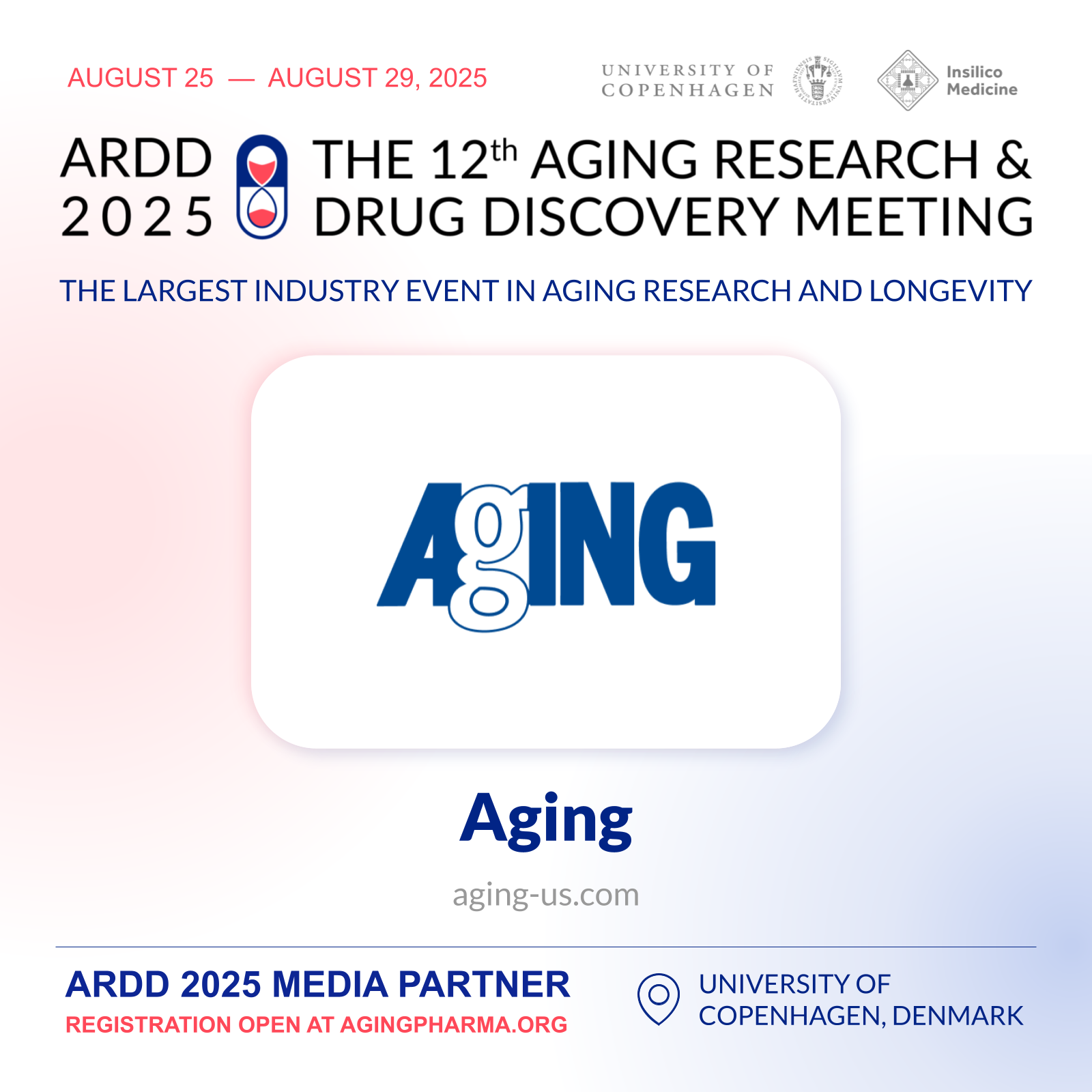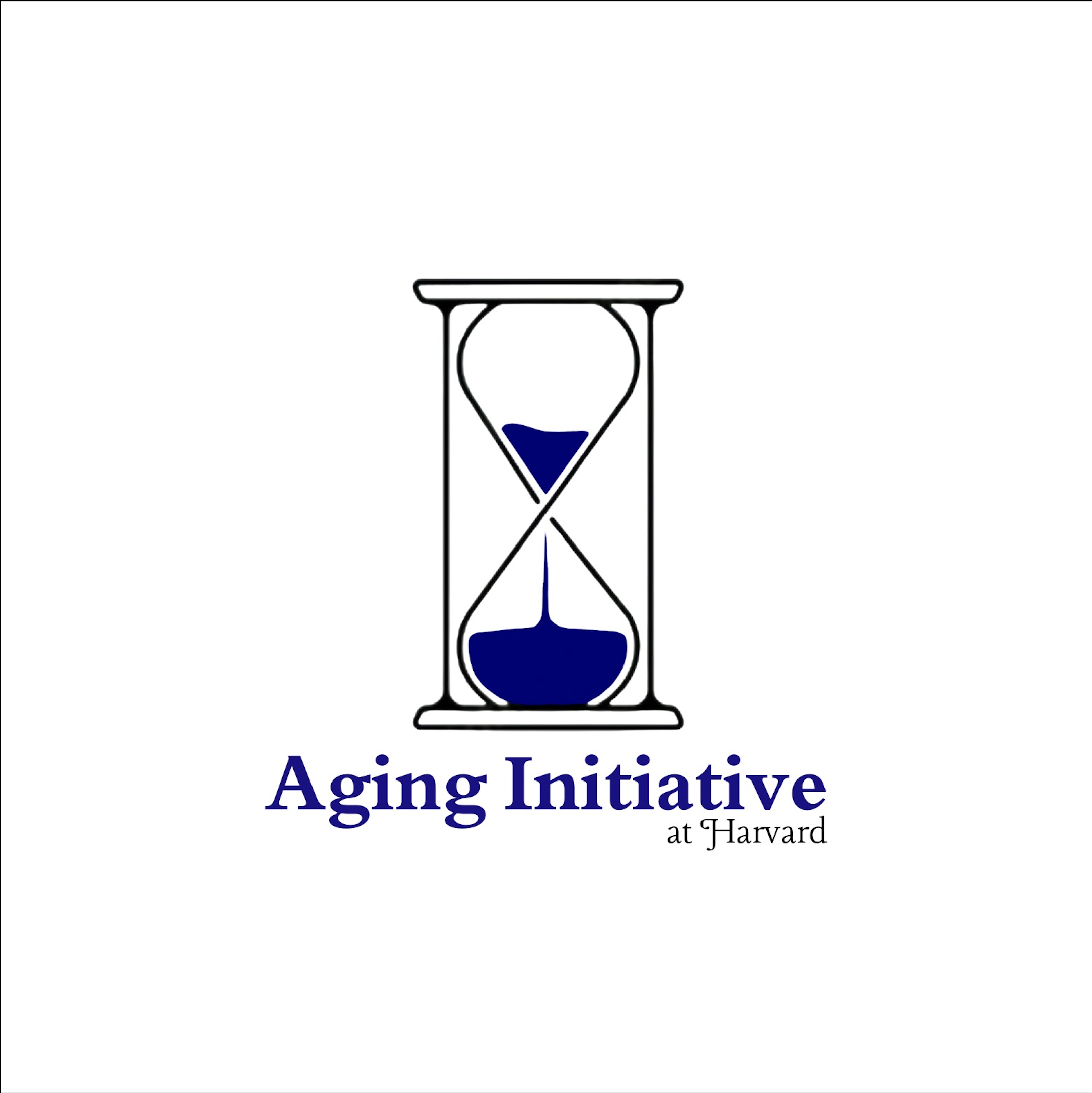Research Paper Volume 15, Issue 22 pp 12763—12779
Effects of paternal and chronological age on BEGAIN methylation and its possible role in autism
- 1 Institute of Human Genetics, Julius Maximilians University, Würzburg, Germany
- 2 Department of Bioinformatics, Julius Maximilians University, Würzburg, Germany
- 3 U.F. de Neurogénétique Moléculaire et Cellulaire, Dpt. de Génétique et Cytogénétique, Groupe Hospitalier Pitié-Salpêtrière, Paris, France
- 4 Institute of Human Genetics, University Hospital Essen, Essen, Germany
- 5 College of Health and Life Sciences and College of Science and Engineering, Hamad Bin Khalifa University, Doha, Qatar
- 6 Fertility Center, Wiesbaden, Germany
Received: July 5, 2023 Accepted: October 23, 2023 Published: November 28, 2023
https://doi.org/10.18632/aging.205275How to Cite
Copyright: © 2023 Potabattula et al. This is an open access article distributed under the terms of the Creative Commons Attribution License (CC BY 4.0), which permits unrestricted use, distribution, and reproduction in any medium, provided the original author and source are credited.
Abstract
Children from old fathers carry an increased risk for autism spectrum (ASD) and other neurodevelopmental disorders, which may at least partially be mediated by paternal age effects on the sperm epigenome. The brain enriched guanylate kinase associated (BEGAIN) protein is involved in protein-protein interactions at and transmission across synapses. Since several epigenome-wide methylation screens reported a paternal age effect on sperm BEGAIN methylation, here we confirmed a significant negative correlation between BEGAIN promoter methylation and paternal age, using more sensitive bisulfite pyrosequencing and a larger number of sperm samples. Paternal age-associated BEGAIN hypomethylation was also observed in fetal cord blood (FCB) of male but not of female offspring. There was no comparable maternal age effect on FCB methylation. In addition, we found a significant negative correlation between BEGAIN methylation and chronological age (ranging from 1 to 70 years) in peripheral blood samples of male but not of female donors. BEGAIN hypomethylation was more pronounced in male children, adolescents and adults suffering from ASD compared to controls. Both genetic variation (CC genotype of SNP rs7141087) and epigenetic factors may contribute to BEGAIN promoter hypomethylation. The age- and sex-specific BEGAIN methylation trajectories in the male germ line and somatic tissues, in particular the brain, support a role of this gene in ASD development.



